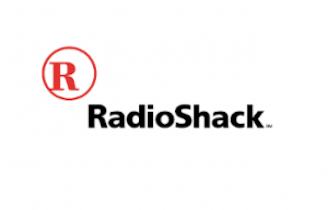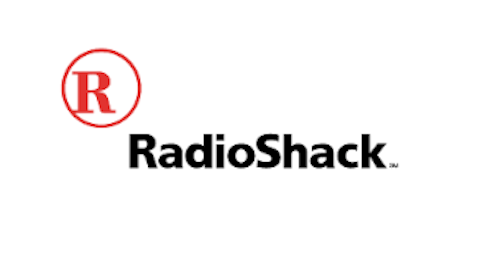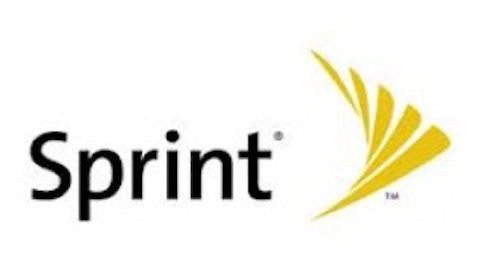Now that the football season is officially over, it’s time for Peyton Manning to get back to his real job: “Covert Investment Guru.”
That’s right! In fact one of my favorite investment quotes came from Mr. Manning, years back. It went something like: “every interception has its own story.” I’d like to think that deep down he’s trying to teaching us a little something about dividends–perhaps subliminally.
Hear me out
Sure we’re comparing two different games, but you’ve got to admit that dividends are a lot like interceptions.
1. Both fan bases, respectively, think they understand them at face value.
2. Both have a lot of moving parts and many reasons for occurring.
3. Both can mean serious trouble, believe it or not.
In fact, I’d go as far to say that some motives for paying dividends are more damaging than throwing the occasional pick. Here’s some dividend “stories” to avoid.

After missing its Q3 2011 earnings expectations badly, long struggling retailer RadioShack Corporation (NYSE:RSH) announced an aggressive stock buyback plan and declared it was doubling its dividend. To many investors this was appealing, as the company’s yield (at one point) soared to a whopping 25%! I cringed and swallowed my tongue as a handful of careless analysts had the nerve to call RadioShack’s dividend safe. Some even had the stock listed as a “conviction buy” throughout most of 2011–I’m looking at you Goldman.
For RadioShack to ever be a true “conviction buy” (post 2009), literally 80% of the stock market would need to become illiquid. Absent this nightmare scenario the company was and had long been the most awesome-ly bad example of a dividend payer gone wild.
It literally fit every bad dividend storyline we’ll discuss, but it most closely resembled the “short seller scardy cat.” Yep, RadioShack has long carried high short interest (34.67%). Stocks that are targeted by shorts and have short-sighted management (no pun intended) will sometimes recklessly raise their dividend, just hoping to fend off the bears.
Can anyone say that’s not the case at GameStop Corp. (NYSE:GME)? In fact the similarities between the two companies are staggering.
1. Both RSH and GME experience(d) rapidly evolving industries, at the whims of consumers.
2. Both companies experience(d) vulnerability to other business partners that would prefer to work without them.
3. Both have increased their dividend at the most questionable of times. GameStop just this year has gone from a payout of .15 to .25.
4. As of this writing both had a nearly identical percentage of short interest (34.67, 34.54)–very spooky.
The question begs to be asked: should GameStop be increasing its dividend 67% in 2012?
Sure, RadioShack was on its way to negative EPS while GameStop is closer to flat, so perhaps GME’s management’s not quite as reckless. But isn’t GameStop experiencing the same sort of pressure now from Microsoft Corporation (NASDAQ:MSFT) that RadioShack has for years from Apple Inc. (NASDAQ:AAPL) and Verizon Communications Inc. (NYSE:VZ)? Wouldn’t investors be better served if GameStop invested that cash to try to find a way to become more self-sufficient?
A company that faces this many challenges only increases its dividend 67% for one reason: they want to keep investors from running. The problem? Sadly, there’s a reason investors wanted to run to begin with. Only now the company lacks the capital to fix the problem(s).





